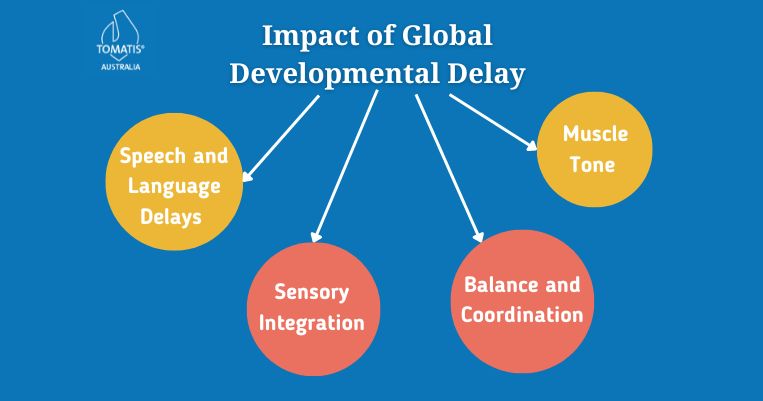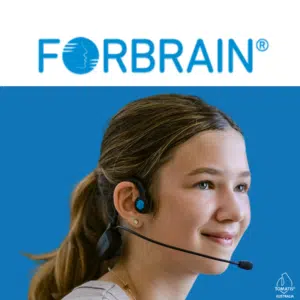Global Developmental Delay (GDD) is a multifaceted phenomenon challenging the typical course of childhood milestones. This comprehensive guide delves into the realms of GDD, exploring its origins, repercussions, and avenues of resolution. From its diverse causes, encompassing genetic factors to environmental influences, to its significant impact on both children and adults, GDD’s intricate facets come to light.
Discussing the diagnostic process gives an insight into the journey of identifying and understanding GDD. This article will also delve into the spectrum of interventions, ranging from speech and physical therapy to the innovative Tomatis® therapy.
As the article unfolds, the interconnectedness of GDD with other brain disorders, such as autism, becomes apparent. Throughout the exploration, the guide places a spotlight on the evolution of speech and language development in Australia.







